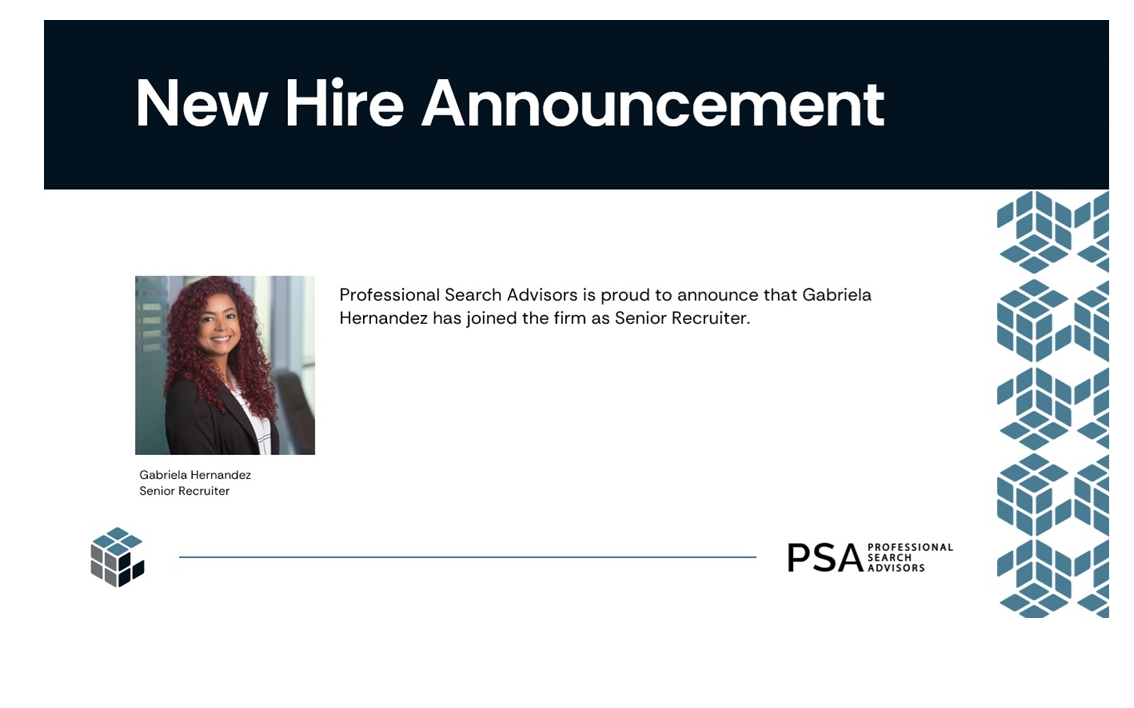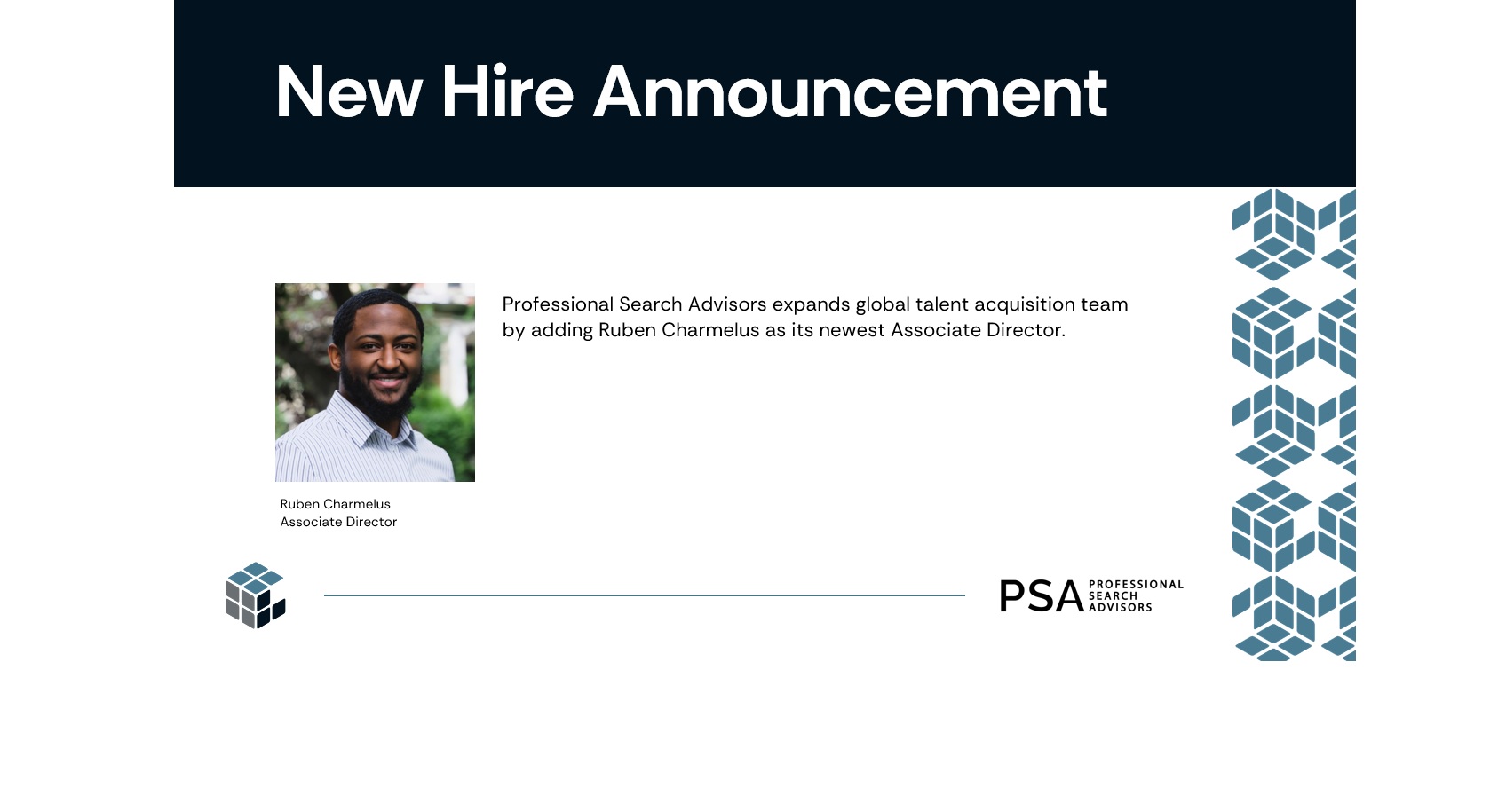A Strategic Guide for Professional Service Firms
If you’re in owner or oversee hiring for a professional service firm, you’re probably dealing with never ending staffing changes and continue to battle day in and day out for top talent.
Under the pressures of today’s rapidly changing job market, succession planning is more than just an HR initiative—it’s a critical strategy for long-term business success. Employee succession planning ensures that key roles are never left vacant, operations remain smooth, and valuable institutional knowledge is preserved.
In this article, we’ll help you look at why this practice is essential and how your firm can build an effective succession plan.
The Importance of Succession Planning
1. Mitigating Risk
Succession planning helps firms reduce the risks associated with unexpected employee departures. Whether it’s a senior accountant retiring or a Project Executive moving on, a lack of preparation can lead to operational disruptions and missed deadlines, and these are mistakes you want to avoid, especially in a service-oriented business where consistency in delivering the highest quality services on time is of such great importance.
2. Retaining Institutional Knowledge
Professional service firms such as accounting firms and project management companies often require a deep understanding of a firm’s specific financial processes, compliance requirements, and reporting systems, as well as detailed knowledge of the expectations of long-standing clients or larger accounts. Succession planning ensures that this expertise is transferred rather than lost, preserving institutional knowledge and maintaining continuity in financial operations.
3. Adapting to Industry Changes
Automation, artificial intelligence, and regulatory shifts constantly affect various industries, so successful teams in the field need to quickly adjust to an ever-evolving landscape. Succession planning gives firms like yours the ability to anticipate future skills gaps and proactively train internal candidates to fill these roles, keeping the firm a preferred choice for clients in a competitive market.
How to Build an Effective Succession Plan
1. Identify Critical Roles
Start by identifying roles essential to the firm’s day-to-day operations and long-term strategy. These typically include senior positions like CFO, Project Executives, Senior Project Managers or Senior Business Development Managers. However, don’t underestimate the importance of mid-level roles which can also be critical to maintaining workflow and team morale – don’t forget that each employee plays a vital role in the well-oiled machine which you want your company to be.
2. Assess and Develop Internal Talent
Once you identify the critical roles at your company, take some time to think about and evaluate the performance and skills of your current employees to try to identify high-potential candidates who could grow into these positions. Start by assessing both technical skills and leadership potential, but also provide your current employees with targeted development opportunities such as mentorship, advanced training, or cross-departmental exposure.
Many business owners overlook the potential of some of their existing employees to grow their skills on the job and turn into incredible leaders, so instead of turning to external hires immediately, make sure to invest some time into nurturing your already existing team members.
This, in turn, will also boost morale among your current employees, because it will demonstrate that you are invested in their long-term growth in your company, and it will inspire motivation and a stronger sense of loyalty to your business and mission.
3. Implement a Knowledge Transfer Strategy
Succession planning isn’t just about filling vacancies – it’s also about ensuring a smooth transition in the event of unexpected departures or a quick expansion of your business. That’s when the ability to transfer knowledge of firm processes quickly and efficiently could make or break the success of your company.
To ensure you’re set up for success, encourage current employees to document key processes, create standard operating procedures (SOPs) where applicable, and mentor their known or potential successors in order to prepare them for eventual leadership down the line.
Similar to the process of nurturing internal talent, the practice of engaging current employees in creating materials for transferring knowledge has the potential to boost morale in your teams by showing them that the fruits of their labor are valued and properly maintained and it can also ease the onboarding process for future new employees.
4. Create a Contingency Plan
Even with a strong internal pipeline, external hiring may be necessary for certain roles. Finding the right external candidate is a beast of a process on its own, especially in today’s unpredictable and competitive job market but remember that you can always turn to professional teams who specialize in recruitment on behalf of companies like yours.
Building a strong succession plan doesn’t happen in isolation. Partnering with a recruitment and consulting firm can provide valuable external insights, including:
- Market trends: Recruitment firms keep a pulse on the finance and real estate job market, helping you anticipate talent shortages or emerging skill requirements.
- External talent pools: Sometimes internal talent development isn’t enough. A recruitment firm can help identify and bring in top-tier candidates for key
- Temporary staffing solutions: In the case of an unplanned departure, search firms can provide interim professionals to keep operations running smoothly while a long-term solution is identified.
Professional Search Advisors can help evaluate your current staff, help with succession planning, develop a roadmap to fill potential needs and source top talent when a new need arises.
Benefits Recap of Succession Planning
Employee succession planning is a must. By identifying key roles, nurturing internal talent, and partnering with recruitment experts, you can ensure you’re prepared for the future, no matter what changes come your company’s way.
By focusing on succession planning, you can maintain your competitive edge, reduce operational risks, and keep your teams motivated and engaged, and you will ensure success for these three major business performance factors:
- Enhanced Operational Continuity: Having established successors in place minimizes disruptions when key employees leave.
- Increased Employee Retention: Current employees are more likely to stay when they see clear pathways for advancement, making their hiring and training process an investment with a good ROI for your company.
- Competitive Edge: Firms with well-defined succession plans are better prepared to adapt to industry changes, positioning them ahead of competitors who may struggle to fill critical roles.
When you’re ready, we invite you to check out our services at Professional Search Advisors to see how we can help you grow and prosper. We’ve highlighted some of the benefits of working with a professional recruitment firm for you in this article.




